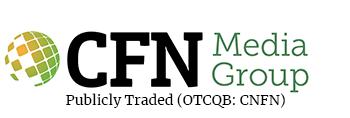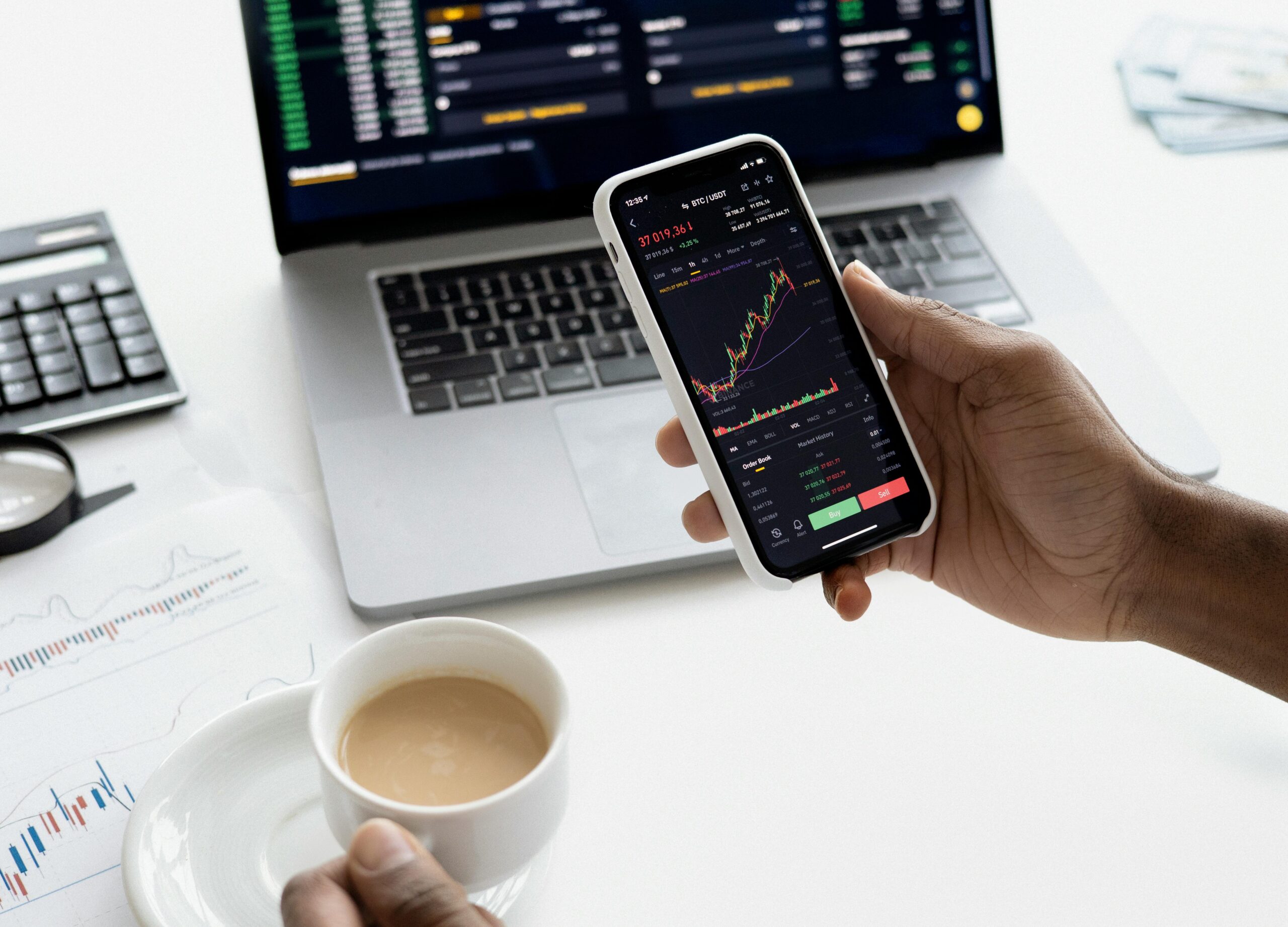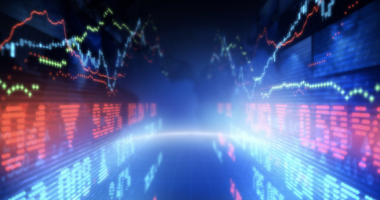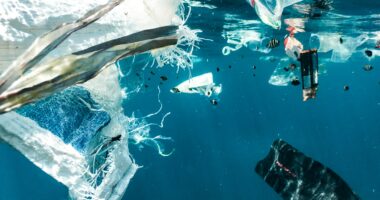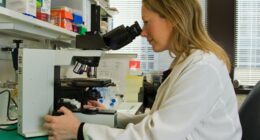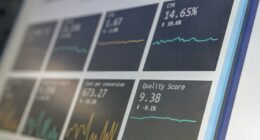The markets are up. The markets are down. Good companies are losing value due to fears of potential trade wars and a recession. Investors are moving money around trying to keep up with the shifting economic landscape. Through it all, there are undervalued public companies that focus on moving their own businesses forward regardless of the investing environment.
In a few rare cases, the undervalued stock might be suffering more from a lack of exposure than anything else. Aduro Clean Technologies, Inc. (Nasdaq: ADUR) (CSE: ACT) (FSE: 9D5) looks to be just such a company. Aduro invented a technology capable of transforming the plastic recycling industry. Founded in 2011, the company went public on a junior exchange in Canada in 2019. Late last year Aduro listed on the Nasdaq in preparation for commercializing its Hydrochemolytic™ platform.
Aduro’s value is rooted in three things: the company’s commitment to creating it; the extensive capabilities of its technology; and the pressing need in its very large addressable markets for Aduro’s unique capabilities.
Value Creation
Insiders own a whopping 39% of Aduro Clean Technologies, and the lion’s share belongs to CEO and Cofounder Ofer Vicus. Such a personal investment can be a very positive signal for investors for a number of reasons:
- Alignment of Interests: When insiders, such as executives and directors, own a significant percentage of a company’s stock, their financial success becomes directly tied to the company’s performance. This alignment encourages them to make decisions that maximize shareholder value, as their personal wealth is at stake.
- Long-Term Focus: Insiders with substantial ownership stakes are more likely to prioritize long-term growth and sustainability over short-term gains. This can lead to strategic decisions that benefit the company and its shareholders over time.
- Increased Accountability: High insider ownership fosters accountability, as insiders are more likely to be held responsible for the company’s performance. Their vested interest in the company ensures they remain committed to its success and act in the best interests of all shareholders.
- Confidence in the Company: Insider ownership signals confidence in the company’s future prospects. When insiders hold or increase their stakes, it indicates they believe in the company’s potential for growth and profitability, which can boost investor confidence.
- Improved Corporate Governance: Significant insider ownership often enhances corporate governance by ensuring that decision-makers are personally invested in the company’s success. This can lead to better strategic initiatives and operational efficiency.
In this clip from Nasdaq’s Amplify Issuer Spotlight interview series, Aduro CEO Ofer Vicus discusses the company’s goals for 2025.
Every year Aduro focuses on creating new opportunities for the company, further derisking the venture through concrete achievements, and communicating those developments to stakeholders. In 2024 Aduro set the goals to design its pilot plant, extend its intellectual property, and move some of the companies testing its technology into collaborating partnerships. All were accomplished.
In 2025, goals include completion of its pilot plant (scheduled for Q3); design of a commercial-scale demonstration facility that will earn revenue; and increasing/deepening engagements with potential customers. Aduro is engaged with at least ten very large companies, testing its systems with a wide variety of plastic feedstock to create customer-specific outputs. The company has publicly discussed three deeper collaborations, including those with Shell and TotalEnergies. All of these milestones serve to derisk the company’s path to commercialization.
Hydrochemolytic™ Capabilities
Current plastic recycling technology is not up to the task of creating a circular economy for the more than 400 million tonnes of plastic waste created annually. Only 9% or so is recycled, and inadequate technology has a lot to do with that. All systems are limited by one or more of the following: too much cleaning required; too much sorting required; too much energy required; too many emissions produced; dependent on too large a scale to make any economic sense; only focused on one type of plastic.
Aduro’s Hydrochemolytic™ platform offers major advantages in all of these areas. It can handle a wide range of plastic types with minimal sorting and cleaning required, all while using less energy and creating fewer emissions than anything currently in use. It is also highly scalable, making economic and technical sense for small communities all the way up to mega plastic collection sites.
Watch a video illustrating the process and benefits of Hydrochemolytic™ technology.
Large Market Demand
Plastic waste is widely recognized as a major problem that needs to be addressed through a broad range of initiatives. Multinational companies have signed onto plastics pacts with the goal of reducing plastic waste through a variety of means, including ensuring that materials are recyclable, implementing reusable and compostable packaging, and boosting recycling rates from the current 10% or so up to 50% in the near term. Signatories to the pact in the United States include many of the world’s largest companies, including Coca Cola, Unilever, Nestlé, Kraft Heinz, L’Oréal, and Conagra.
Meanwhile, The United Nations Environment Programme is in charge of finalizing an international plastics treaty. The treaty takes a comprehensive approach that addresses the full life cycle of plastic, including its production, design, and disposal. The goal is to end, or in reality severely limit, pollution from plastic waste. 175 nations signed onto the agreement that set the treaty negotiation process in motion. Participants are targeting this year for completion of the treaty after failing to finalize the agreement in December 2024.
Petrochemical companies like Shell and TotalEnergies, consumer packaged goods companies like Coca Cola and Kraft Heinz, and federal governments across the globe are all in agreement – plastic waste and recycling has to be fixed. The market is large, the need is vast, and Aduro’s technology is just the type of advancement needed to help make a circular plastic economy a reality.
Where’s the Value?
Aduro, trading with a valuation around $125 million, has a diverse and efficient solution to a multi-billion dollar problem. The $1 billion+ market cap PureCycle Technologies, Inc. (NASDAQ: PCT) is a good indication of the potential in the space. PureCycle is focused on building its own large facilities to process one type of plastic, polypropylene. The company is probably one or two years ahead of Aduro’s timeline and is hopeful of achieving meaningful revenue this year from its first plant.
Meanwhile, Aduro can recycle polypropylene, polyethylene, and polystyrene (together they account for about 70% of plastic entering US waste streams) as well as other varieties of plastic. It’s safe to say there is plenty of upside for Aduro, and the company is committed to taking a stepwise approach to realizing it.
Recession or not, Aduro will be building value and derisking the investment on the way to commercializing a revolutionary technology.
